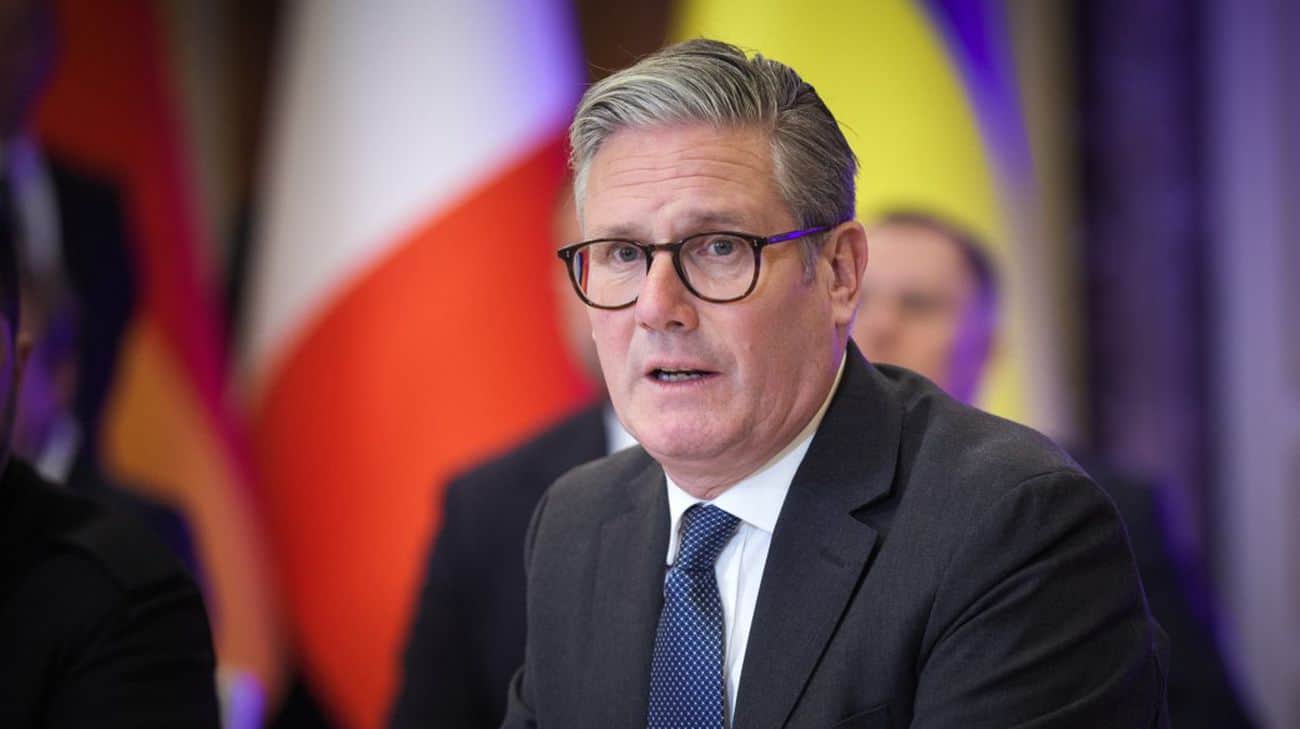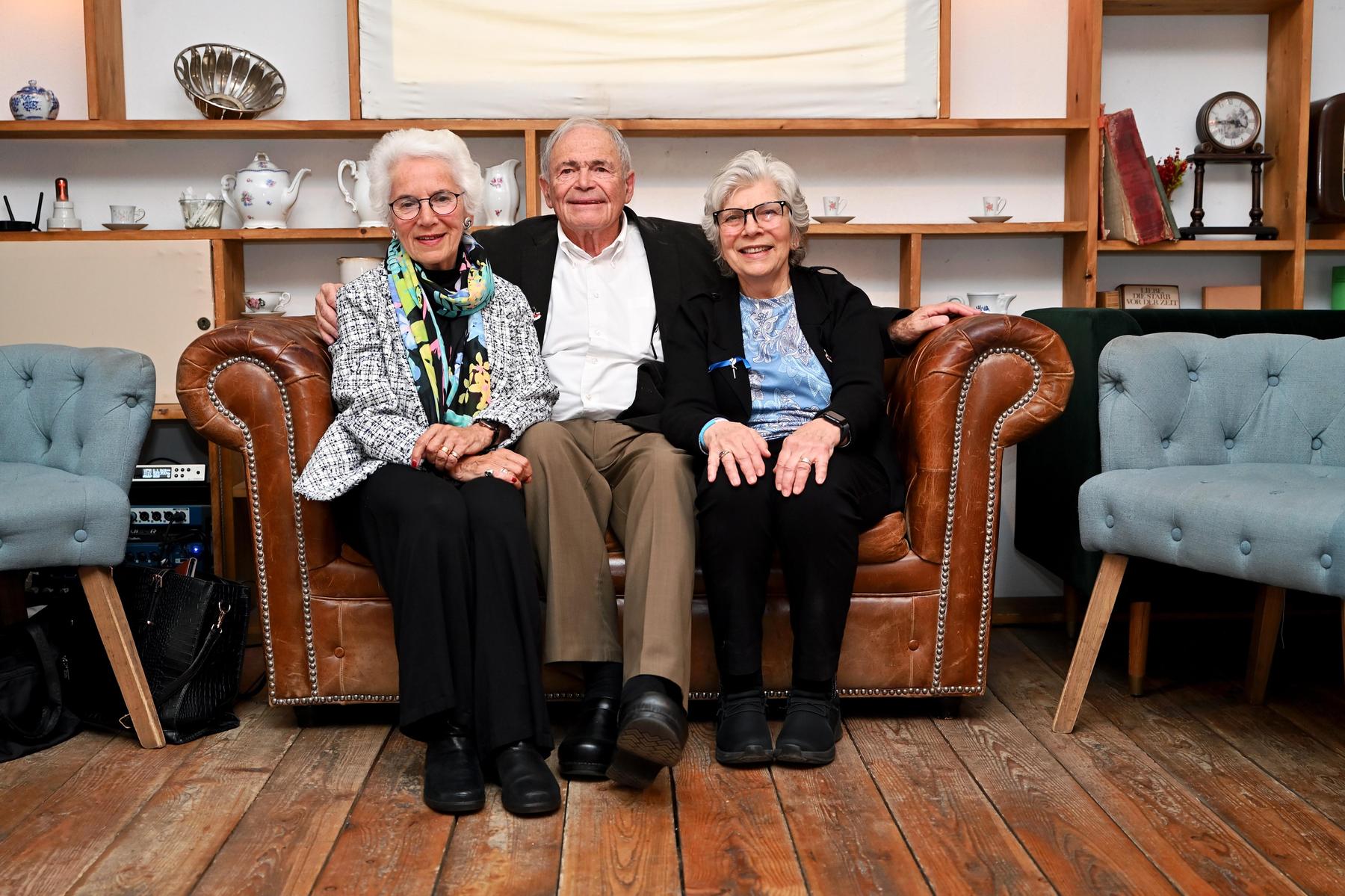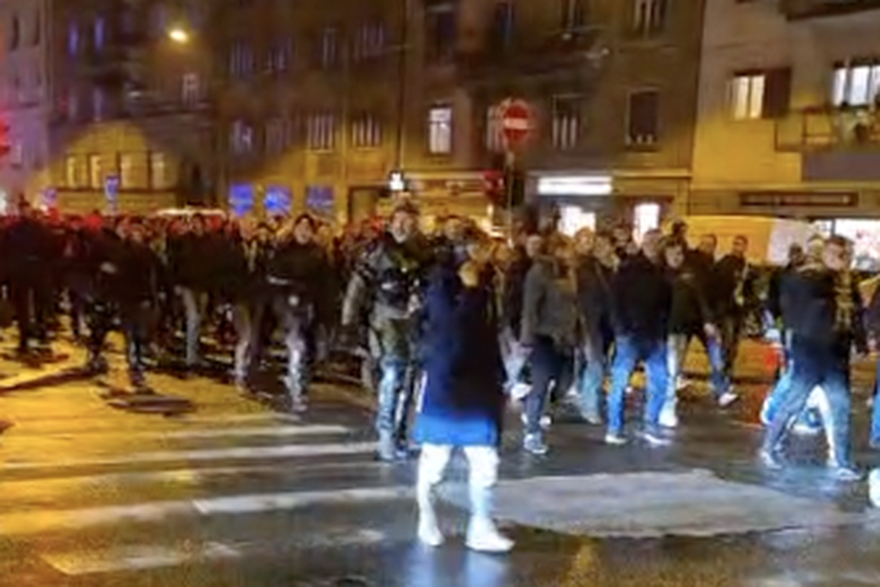The Assembly must be constituted by all parties, Haxhiu remains our candidate

The leader of the Self -Determination Movement, Albin Kurti, has insisted on Saturday that he will not change the candidate for Speaker of Parliament, despite the lack of votes, saying that the appointment of the Parliament Speaker and the formation of the new Assembly is the duty of all parliamentary parties.
« The Assembly is not established by the winner, whether he is the absolute or relative winner, the Assembly is established by everyone and together; from the first place together with the second, third and non -Serb minorities, » Kurti said on a meeting of the Party General Council on Saturday.
Three months after the February 9 elections, Kosovo continues to be without a functioning assembly, as MPs have failed thirteen times in a row to constitute the new Assembly.
The Vetevendosje Movement came first by earning 48 seats, 13 less than at least 61 needed to govern alone.
Although dozens of sessions have been called for the constitution of the Assembly, political divisions have repeatedly hampered this process.
Vetevendosje is failing to secure the 61 votes needed to elect Albulena Haxhiu to the post of Speaker of Parliament.
Haxhiu is seen by the Democratic Party of Kosovo (PDK) and the Alliance for the Future of Kosovo (AAK) as a « divisive figure », while the Democratic League of Kosovo (LDK) says it will not support any Vetevendosje candidate for parliamentary leadership.
But, Kurti – the day before the next hearing on Sunday – reiterated that Vetevendosje does not intend to bring candidates other than Haxhiu.
« Our proposal is Albulena Haxhiu, while others leave to propose their candidate when they belong to them. We are the winner of the election, the position of the mayor, » Kurti said.
Haxhiu failed in six sessions to receive more than 57 votes and after that, in the following sessions, the chair of the session – coming from Vetevendosje – proposed the formation of a secret voting oversee commission for the Parliament.
Kurti criticized the parliamentary parties – PDK, LDK, AAK, NISMA and Serbian List – which are not participating in the vote, making it impossible for the commission to form.
« We have not blocked, because we have proposed our candidate. If they did not do it, we would be blockers. We have not blocked, because we have voted for, the blockers are those who vote against or do not vote at all to prevent the quorum, » Kurti added.
« There is no institutional or political crisis in Kosovo »
Successive failures to constitute the new Assembly have deepened the country’s political stalemate, raising concerns about institutional paralysis and are seen as a test for Kosovo’s state maturity.
Gëzim Visoka, a professor of peace and conflict at the University of Dublin in Ireland, told RFE / RL that the current crisis and political paralysis created in Kosovo should serve as an incentive to rethink and rebuild political culture.
He stressed that this is a test of Kosovo’s maturity as a state, and the ability to change governments and powers without international intervention or supervision.
« It is paradoxical that current parties have demanded Kosovo’s independence from international supervision, but now they are finding it difficult to make it functional and self -consistent, » Visoka said.
But Kurti – Prime Minister in office – rejected these assessments, saying that Kosovo has functional institutions.
« In Kosovo we have no institutional or political crisis, in Kosovo we have some constitutional vacuum. We have no crisis because the mechanisms and institutions of the state work, » Kurti said.
« Kosovo has government, it has prime minister and has ministers in office, but Kosovo does not have a assembly. There can be no new government without a new assembly, » he added.
Despite some of the late moves to unlock the stalemate, there is no agreement between the parliamentary parties.
The LDK, which came out third by winning 20 seats, has rejected the Self-Determination offer for the ruling coalition.
Instead, the LDK leader, Lumir Abdixhiku, has demanded the formation of a transitional government between the parliamentary parties until the appointment of the country’s president, ie in April 2026, when the current President Vjosa Osmani expires.
While Vetevendosje immediately opposed the idea of such a government, other parliamentary parties have expressed the will to talk
Kurti and his party’s stance again on Saturday, saying that « we want non -transitional functional government ».
Falling on the Freedom Index of the Media
Kurti dismissed the findings in the annual report on Kosovo’s press freedom of the organization, reporters without borders, saying that there is no lack of press freedom in Kosovo, and called on the media to « reform and improve ».
Kosovo has marked the largest decline in the last 15 years in the annual Index for the freedom of the organization of the organization without borders, ranking 99th in the world from 180 countries.
« It is regrettable to fall deep into the media index. In Kosovo there is freedom of expression and media freedom, I am witnessing this from experience and life here, » Kurti said.
He said his government over the past four -year term « stopped financing media not to affect them, and we have no media owner in the government not to control them ».
« In Kosovo the media is free, the situation where they have fallen is not due to the influence of the government, but of the control of the owners and the lack of professionalization. The responsibility is the media, it is up to them to reform, which means they want to reform and improve, which means they want to improve, » he said.
Relief




